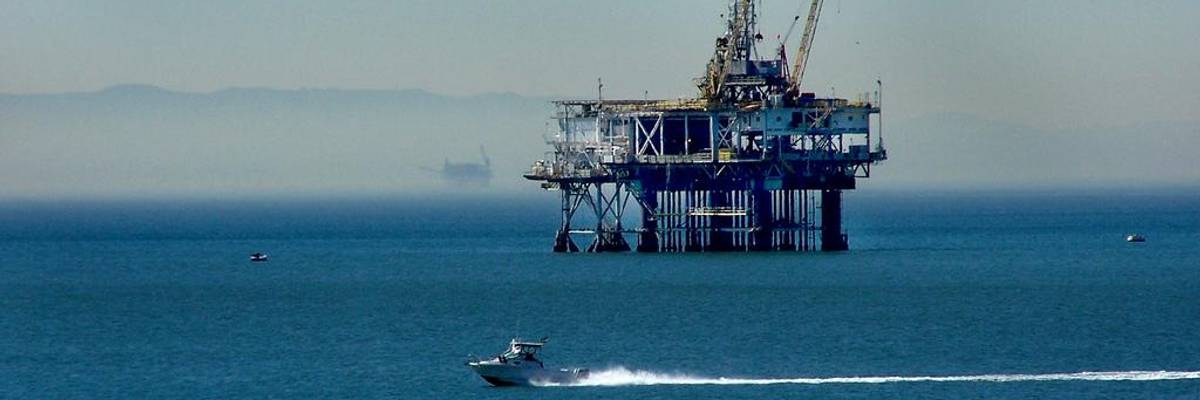Former White House ethics director Walter Shaub joined government watchdogs in slamming the Interior Department's decision to give Florida special treatment--exempting the state from offshore drilling plans announced last week by the Trump administration.
In a tweet, Shaub accused Interior Secretary Ryan Zinke of granting the exemption only because President Donald Trump's luxury resort Mar-a-Lago, which officials have hoped would boost tourism, is located in the state.
Zinke suggested that he came to his decision after taking "local voices" into consideration, namely those of Gov. Rick Scott (R-Fla.) and other state lawmakers who pushed back against offshore drilling projects in Florida's waters because of the impact it would have on the state's $90 billion tourism sector.
But as Shaub pointed out, leaders in states including Virginia, California, Oregon have objected to the Trump administration's new proposal to expand oil and gas offshore drilling projects in nearly all of the United States' waters.
Scott had argued that Florida could lose much of its tourism revenue should companies be permitted to set up oil rigs off the coast until 2024 under the proposal.
Other affected states have growing, revenue-generating tourism industries as well, with California and Maine gathering billions of dollars and seeing five to six percent growth in tourism revenue in 2016 from the previous year.
Sen. Kamala Harris (D-Calif.) suggested in a tweet that the Trump administration was giving preferential treatment to Scott, perhaps because of his political party.
At MSNBC, Steve Benen wrote that Zinke's move may have been made in preparation for the 2018 race for Sen. Bill Nelson's (D-Fla.) seat, in which President Donald Trump has urged Scott to run.
"With this in mind, it's very easy to believe Trump and his team gave Rick Scott what he asked for in order to make the governor look good, setting the stage for new campaign ads about how effective Scott was in 'saving Florida's coastline,'" wrote Benen.
"If it looks to you like the administration is using federal policymaking as a campaign tool, you're not alone. From where I sit, this is less an example of Rick Scott's efficacy and more an example of Trump World abusing the levers of federal power."




